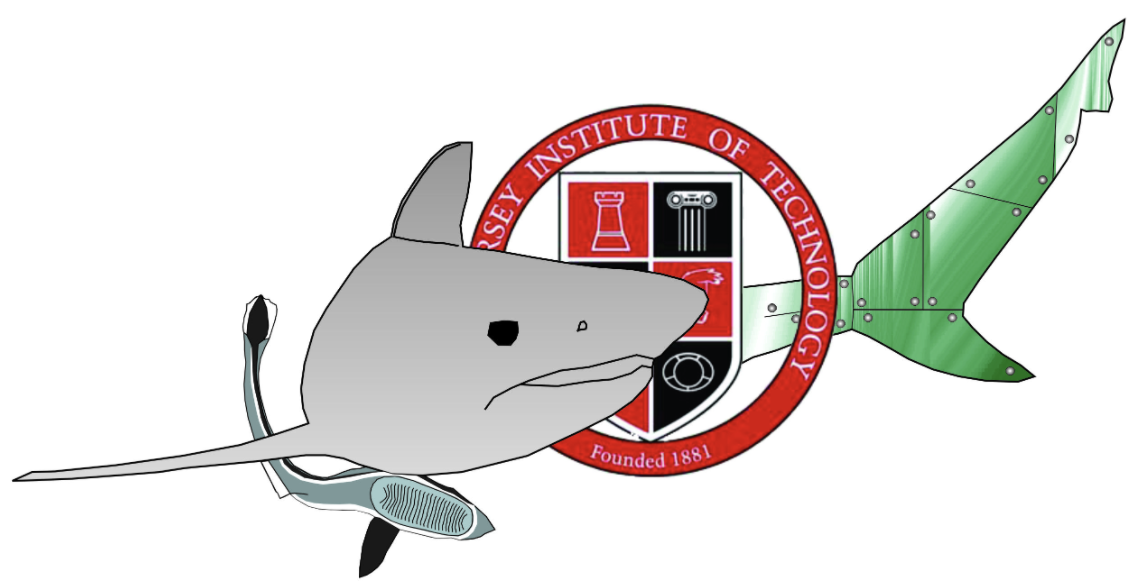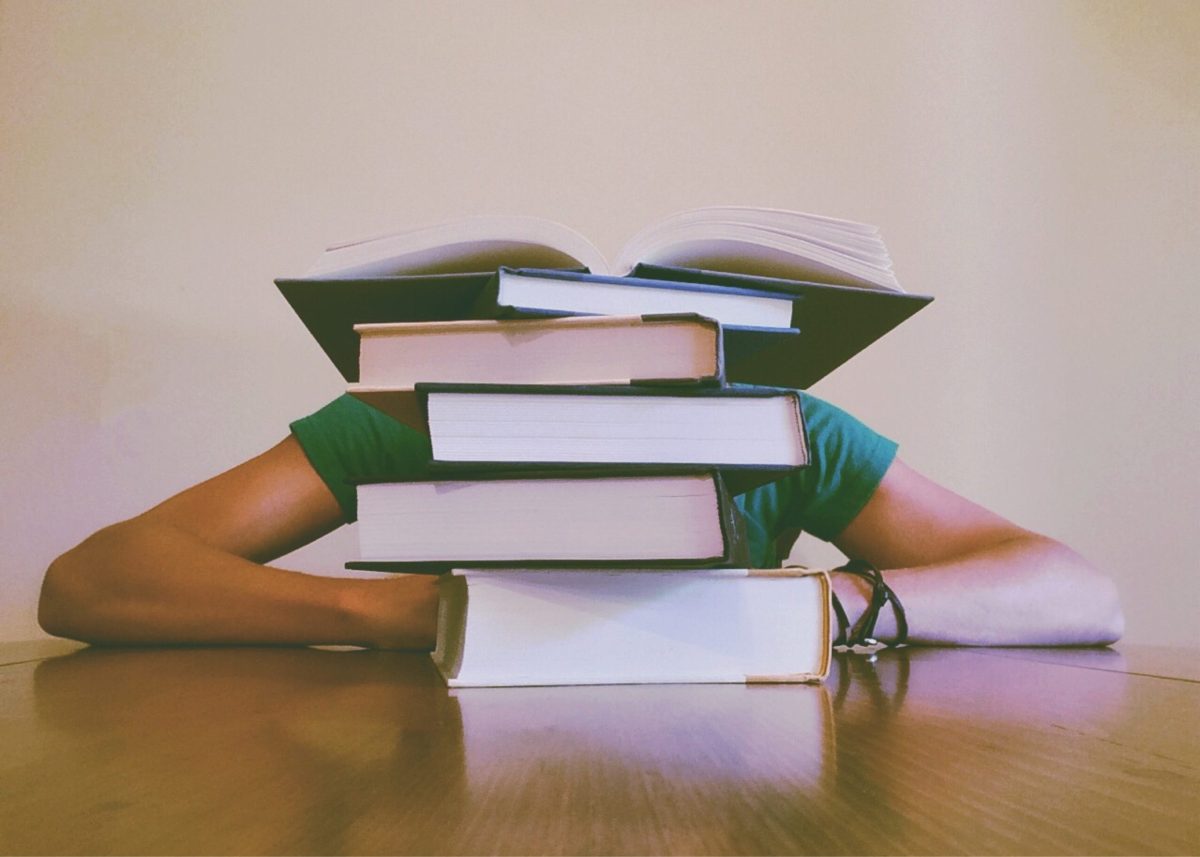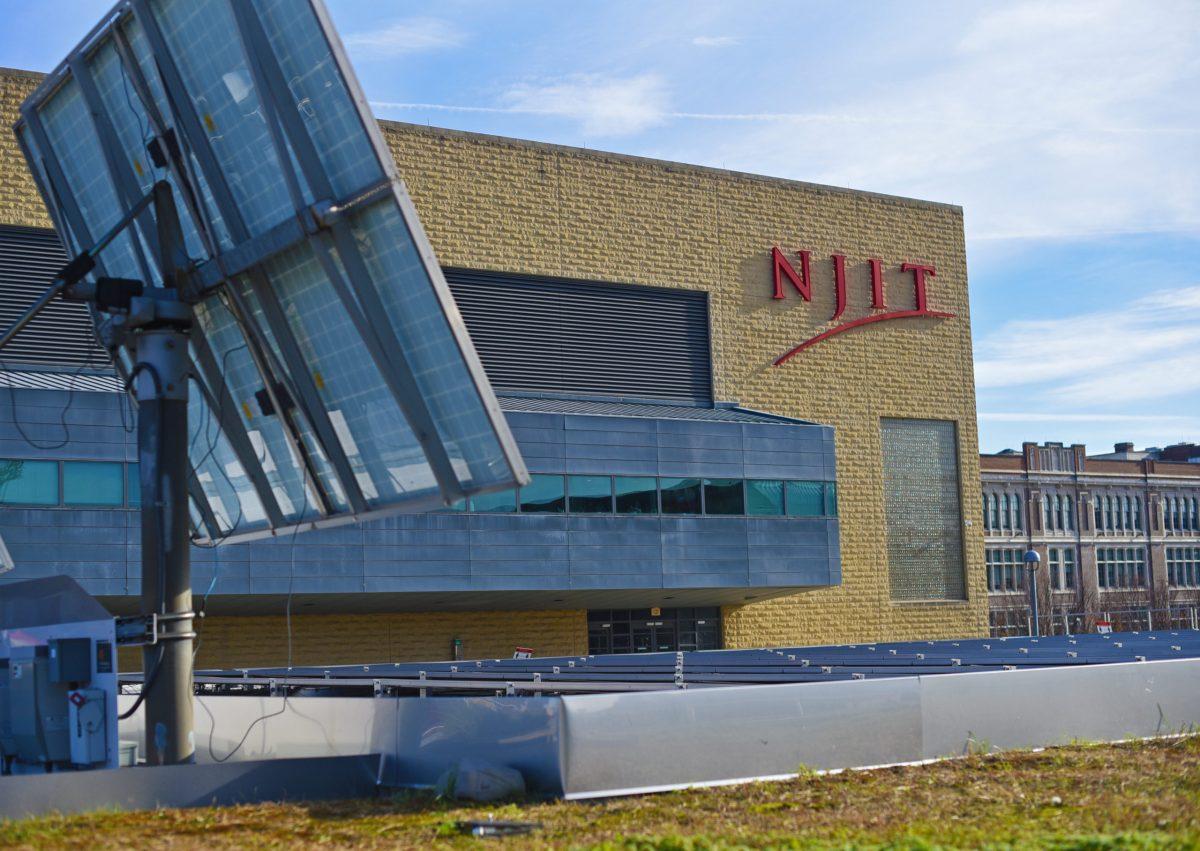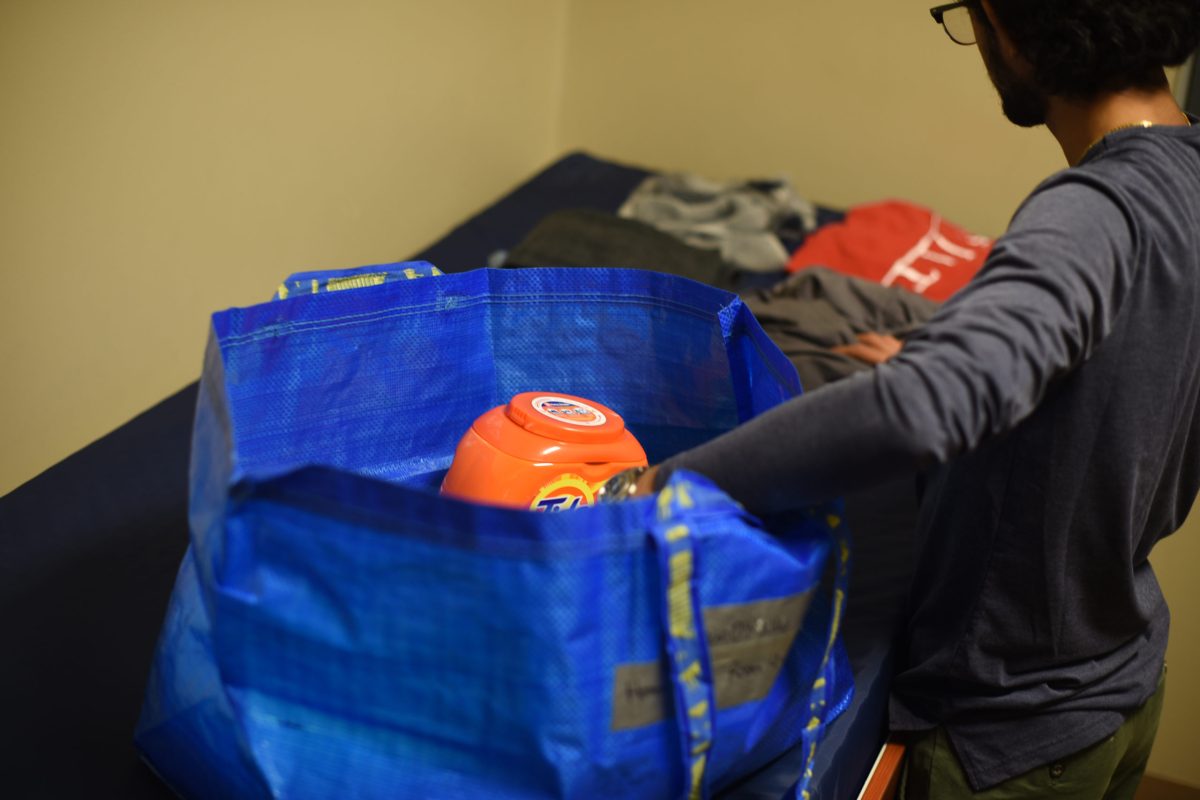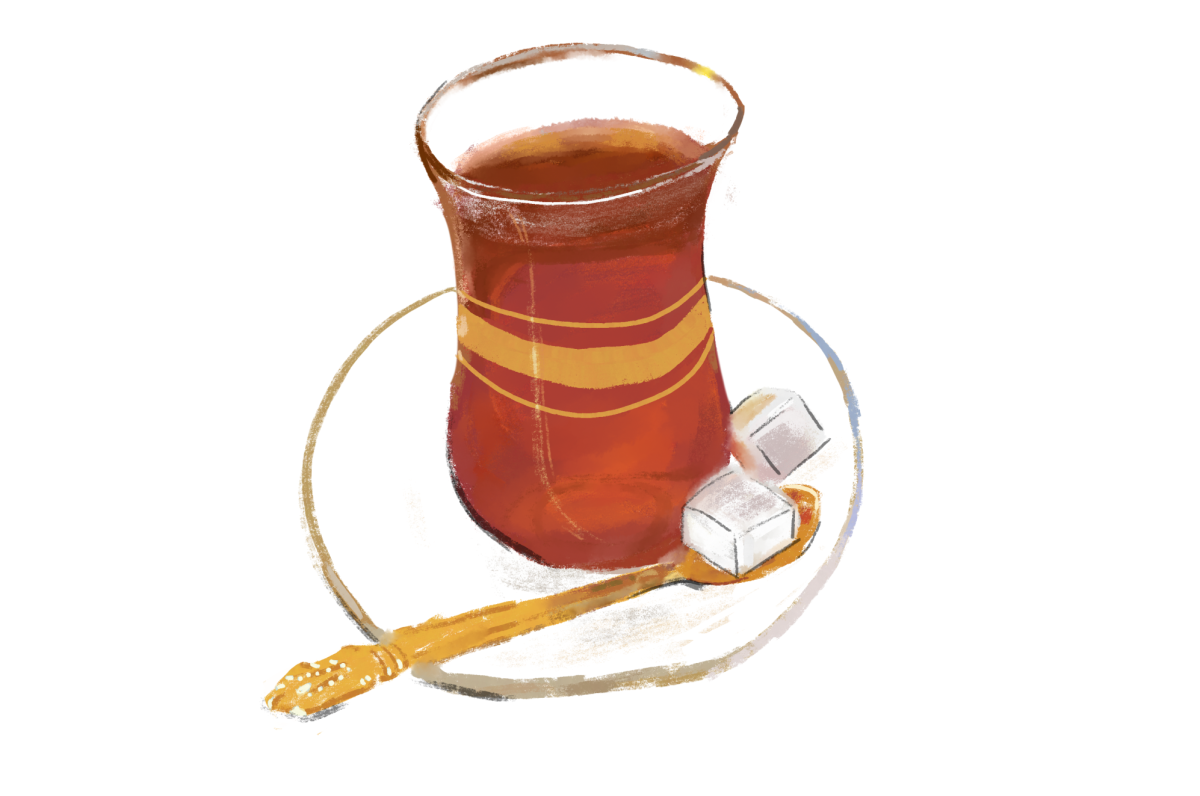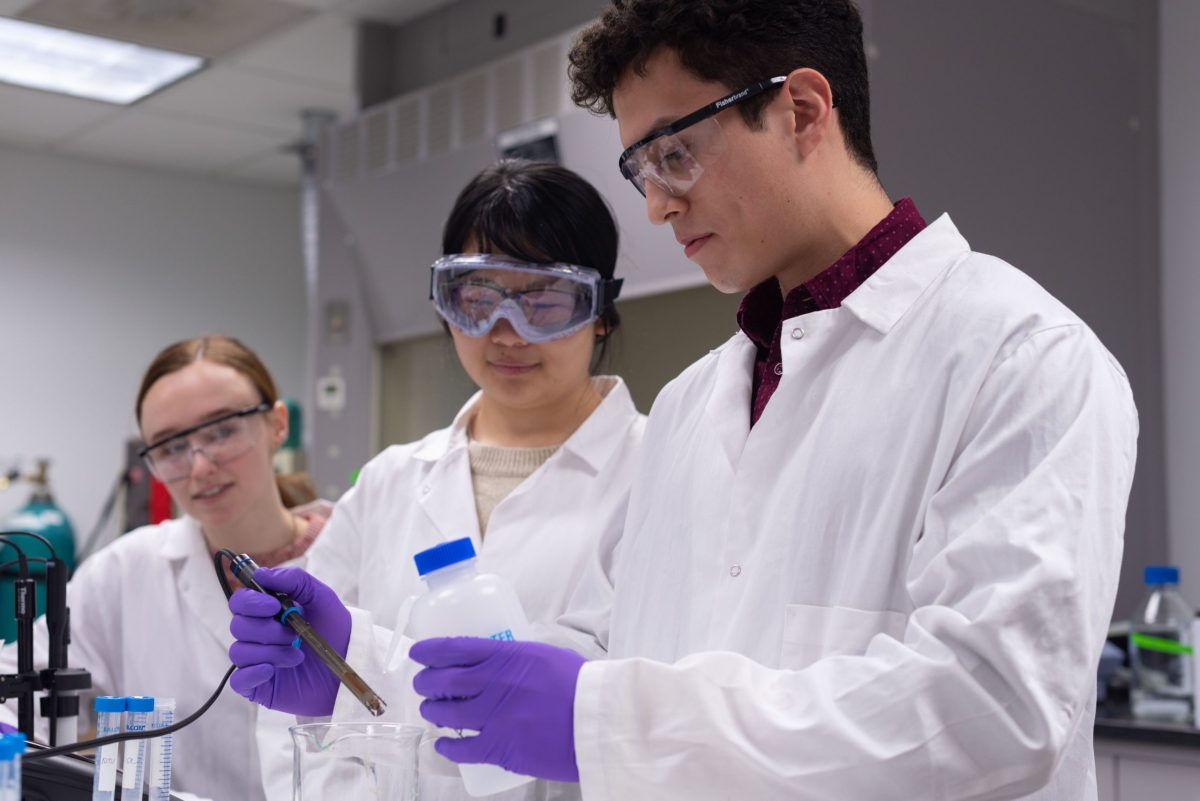What is your role here at NJIT?
- I’m an assistant professor of Biology here at NJIT.
Where did you grow up?
- I’m from a small town in Connecticut, very small high school. It only had seventy-two people in its graduating class.
Where did you receive your undergraduate degree?
- I went on as a first-generation college student and I ended up choosing this school that gave me a full-tuition scholarship and sent me to Hawaii for a semester. It was a small liberal arts college, unfortunately though, it did not really prepare me for research. Which ultimately made it harder for me to get into any sort of graduate program.
Where did you receive your graduate degree(s)?
- For a couple years while I applied to programs I worked as an EMT and then as a paramedic and then finally, I crashed graduate school. I just showed up and started taking classes as a master’s student at California State University. I had met people through scientific conferences (Moss Landing Marine Labs), so I knew that was the place I wanted to go for a master’s degree, and I had made a lot of connections there, so I transferred as a paramedic with my company and started working nights as a paramedic and going into the lab during the day to finish my master’s degree. I went there originally thinking that marine ecology was what I was interested in. While I was there I realized that that wasn’t the most exciting thing to me, and I took a class on biomechanics that changed my life. I just thought that this was the most exciting stuff, it was what was keeping me up at night to read more papers.
- So I took a summer class at the Friday Harbor Labs at the University of Washington, and I accidentally discovered a brand-new muscle in the tail of sharks that no one had ever seen before. That turned me into being really excited about the field of biomechanics. From there, I went and I got my PhD from Harvard working with Dr. George Lauder, and he was the perfect person in helping me figure out how that muscle in the tail of sharks worked as my PhD.
- When did you first come to NJIT, and why did you choose to come here?
- Again, with him (Dr. Lauder), I stayed on as a postdoc, because we got a Navy grant to build a fully autonomous underwater robot based on bluegill sunfish. So, I stayed there for three years as a postdoc and then I came here (NJIT).
- I am very interested in doing research and I really wanted to be in a position where I could help students have an opportunity to do research, because I recognized, as I said, when I was an undergraduate being at a smaller school that didn’t have research opportunities held me back, for a few years, from jumping into graduate programs and academics.
- I like being at a place where there are a lot of other first-generation college students and students with a lot of diversity in backgrounds who might be interested in sciences, especially research. I’m really excited about the fact that they have a strong research program at NJIT that allows students to be able to get involved and get some hands-on experience
What are your favorite hobbies, and/or non-academic interests?
- I have a family, I have a seven-year-old who loves science. She started coming to the lab with me when she was six weeks old and her first word was actually “fish”.
- I like yoga, I do a lot of yoga for stress-relief. I like running 5Ks. Our whole lab, we do a lot of these silly obstacle course, 5K races as sort of group bonding a couple times a year.
What are your favorite classes to teach?
- I love that I get to teach classes that I love. Every fall I teach comparative anatomy, and that’s a really fun class. It’s really exciting, because a lot of people study anatomy from a human-only perspective; comparative anatomy tells the story of why the human body is so screwed up because of evolution. It’s fun, because it opens up a new perspective to students who take that class.
- Then, when I teach robotics and comparative biomechanics as well it’s sort of the same thing with perspective that students have never looked at science this way before. What I really like about those classes is that when I teach them they’re mostly hands-on project-based. Students learn a little bit of conceptual material, and then they’re building things, they’re 3D printing things, they’re playing with robots trying to learn how to replicate biological phenomenon. It gives them a better understanding behind the physics of how these organisms work.
How would your students describe you?
- I don’t know, hyper? It’s funny, because I’ve given scientific talks so I think I’m being really calm, and people come up to me and they’re like “That was super amped, you are so intense about what you do” and I’m like “I was being really calm”. But I love what I do and I think that comes out so I’m really excited about things. I think excited is probably the best one I can think of.
What is one piece of advice about life you want to tell your students?
- Don’t be afraid to look around to find out what it is that you really want to do, we don’t get a lot of exposure to what’s actually out there in the world of science, right? A lot of people go into science thinking their options are pre-med, field ecology, or lab-based genetics. So students start their undergraduate years thinking that they have these three or four options, and then they realize when they start to learn more about specific things that there’s a lot more out there that is interesting to them and that they’re curious about. I say follow that curiosity – some of the best things in life will come out of asking questions and just taking a chance of figure out what the answers are, so don’t be afraid of changing your mind. That’s a big one. A lot of people, when they’re halfway through their undergrad, they think “Oh God, have I made a terrible mistake?” They think they’re locked into something – you’re never locked in.
























